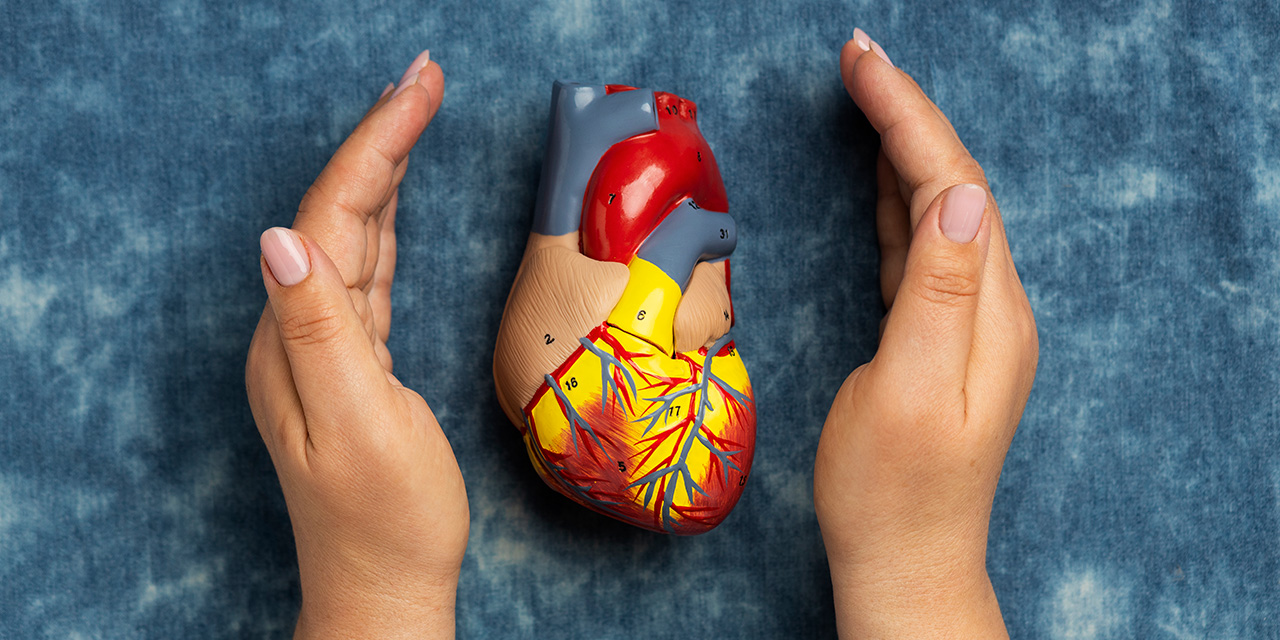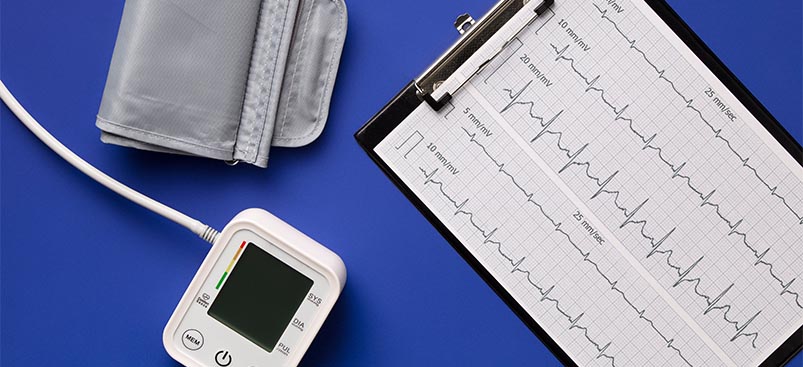Heart diseases are a significant concern worldwide, affecting millions of people each year. To ensure accurate diagnosis and personalized care, medical professionals rely on advanced technologies like Holter monitoring. In this article, we will delve into the world of Holter monitoring, its benefits, and who can benefit from this cardiac diagnostic tool.
Understanding Holter Monitoring
Holter monitoring is a non-invasive procedure that helps doctors evaluate the electrical activity of a patient’s heart over an extended period. This diagnostic technique involves the use of a Holter monitor, a portable device worn by the patient, which continuously records the heart’s electrical signals.
The Importance of Holter Monitoring
1. Unveiling Hidden Cardiac Conditions
Holter monitoring plays a crucial role in detecting cardiac conditions that may go unnoticed during regular check-ups. The extended monitoring period allows medical professionals to identify irregularities, such as arrhythmias, that may occur sporadically.
2. Personalized Treatment Approach
By providing a comprehensive picture of the heart’s activity, Holter monitoring enables doctors to tailor treatment plans to individual patients. This personalized approach ensures that patients receive the most suitable interventions, leading to improved outcomes.
3. Evaluating Treatment Effectiveness
Holter monitoring is also instrumental in assessing the effectiveness of cardiac treatments. By comparing the heart’s electrical patterns before and after a particular intervention, doctors can determine whether the treatment has been successful or requires further adjustments.
Who Can Benefit from Holter Monitoring?
1. Individuals with Suspected Arrhythmias
Patients experiencing symptoms like palpitations, lightheadedness, or fainting spells may undergo Holter monitoring to detect arrhythmias. The extended monitoring duration increases the chances of capturing abnormal heart rhythms, aiding in accurate diagnosis and appropriate treatment.
2. Post-Heart Attack Patients
After a heart attack, Holter monitoring helps doctors monitor the heart’s electrical activity during the recovery phase. This enables medical professionals to identify any recurrent or new cardiac issues that may require immediate attention.
3. Assessing Medication Effects
Patients on cardiac medications may undergo Holter monitoring to assess the drugs’ impact on their heart’s electrical patterns. This information allows doctors to determine whether the medications are effectively managing the patient’s condition or if adjustments are necessary.
Holter monitoring has revolutionized cardiac diagnosis and paved the way for personalized heart care. By capturing the heart’s electrical activity over an extended period, this non-invasive procedure helps medical professionals detect hidden cardiac conditions, tailor treatment plans, and evaluate the effectiveness of interventions. Whether it’s for individuals with suspected arrhythmias, post-heart attack patients, or those on cardiac medications, Holter monitoring plays a crucial role in ensuring optimal heart health.




